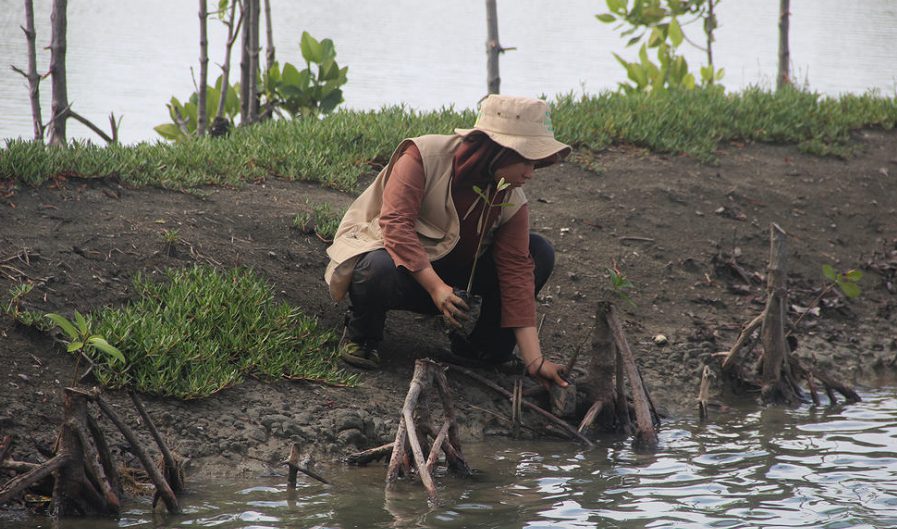INDONESIAN ENVIRONMENTAL GREEN ISLAMIC sharia BOND (SUKUK)

-
Date:
14 Dec 2019 -
Author:
WIT Indonesia
According to the Ministry of Environment and Forestry, the $1.25 billion in earnings from the 2018 Republic of Indonesia Green Sukuk would only be used to fund projects that adhere to the Green Framework.
Dwi Irianti, Director of Sharia Finance at the Ministry of Finance, indicated in a press release on Thursday, 12/13/2018, that this issue was requested to be the first nation’s Green Sukuk in the world.
Investors are dispersed throughout the world, accounting for 32% of the market in Muslim nations, 25% of the market in Asia, 15% of the EU, 18% of the US, and 10% of the market in Indonesia. Indonesia’s commitment to lowering greenhouse gas emissions is supported by the Green Bonds and Sukuk project.
Dwi stated during a discussion at the Indonesian Pavilion at UNFCCC COP 24 in Katowice, Poland, “Green Sukuk is an innovative sharia-based financial instrument to support Indonesia’s commitment to tackling climate change.”
According to Dwi, the funding required for climate change adaptation and mitigation measures will total US$1.065 trillion, or Rp. 213 trillion, between 2015 and 2020. In the meantime, IDR 728 trillion has been set aside for mitigation and adaptation measures between 2015 and 2019.
The entire budgetary allotment for reducing the effects of climate change in 2016 and 2017 is IDR 154 trillion in the 2016-2017 State Budget. A financial instrument known as a “green sukuk” exists that is used solely to finance environmentally friendly initiatives that support efforts to combat climate change, adapt to it, and conserve biodiversity.
Nine industries, including renewable energy, energy efficiency, green tourism, climate change resistance, green buildings, sustainable transportation, sustainable agriculture, waste management, and waste energy, can be financed by green bonds or sukuk, according to the Green Indonesia framework.
According to Dwi Irianti, “Indonesia’s goal of reaching the Sustainable Development Goals is matched with this effort.”
According to this, Indonesia is currently promoting low-carbon economic development through low-emission development, energy efficiency, increasing agricultural efficiency, and combating illegal logging, according to Bambang Brojonegoro, Minister of National Development Planning/Head of Bappenas, who also gave keynote speeches at this event.
